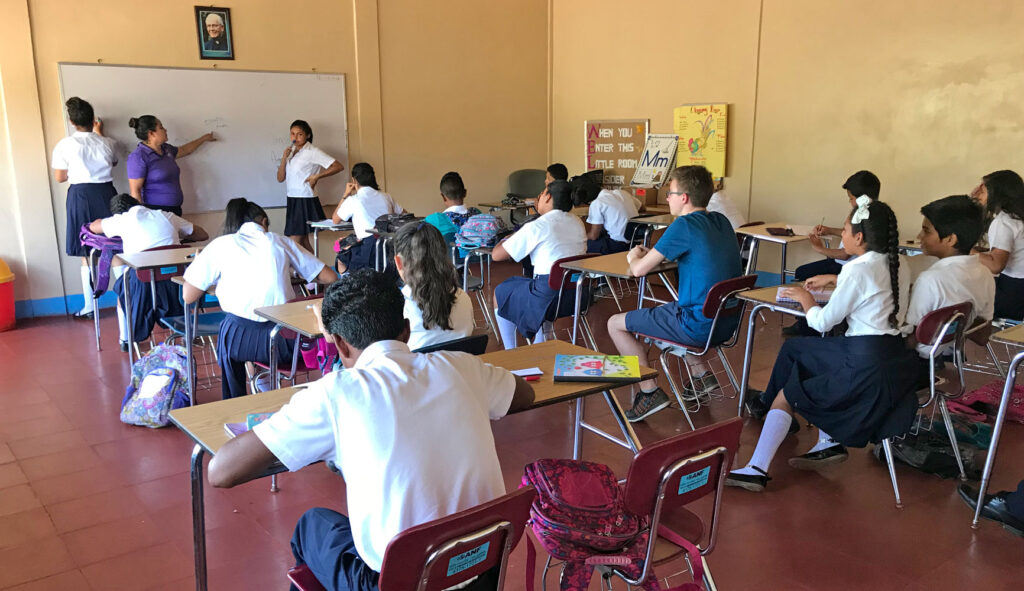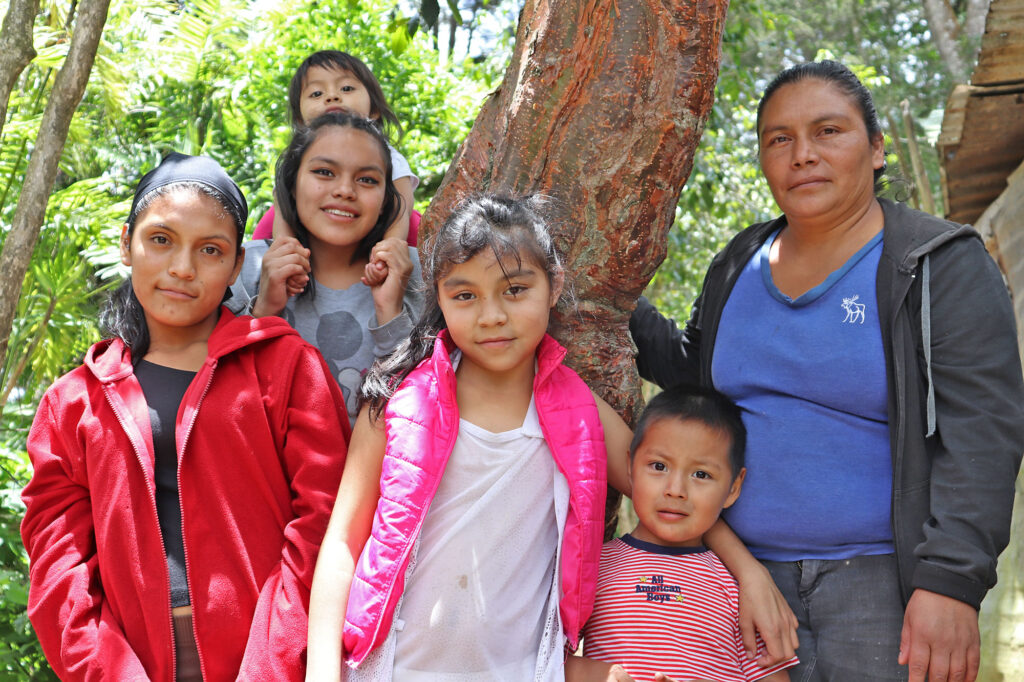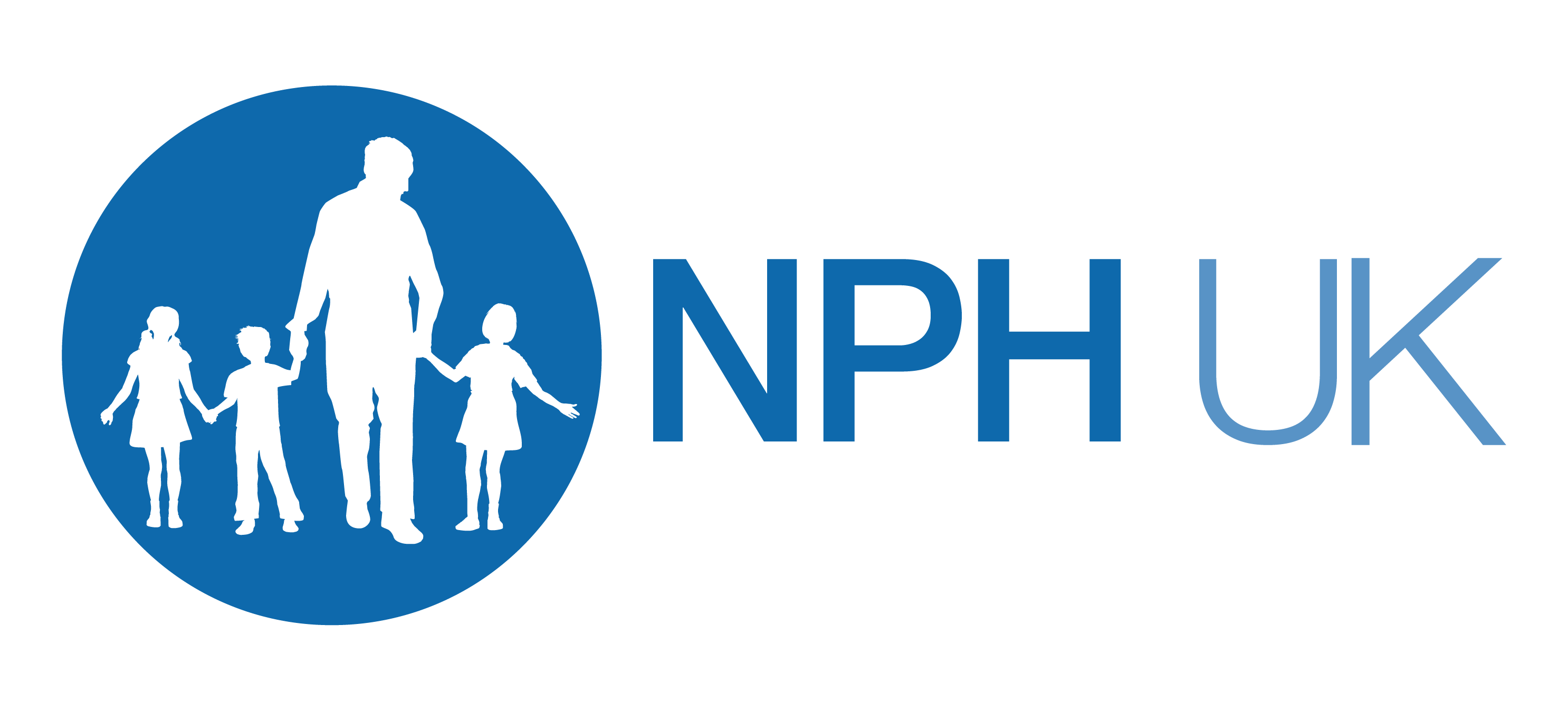Strengthening families in their communities
NPH works to support vulnerable children in 9 countries in Latin America and the Caribbean. We take a rights-based approach to promoting social protection and development, as well as physical and mental wellbeing.

NPH complements government interventions, attending to the most pressing consequences of extreme poverty.
Protection, prevention and preparation: NPH’s conceptual approach to childcare
Day-to-day childcare at NPH is a practical matter: education, healthcare, good nutrition and more in a setting of loving family care are at the heart of our commitment to vulnerable children.
All of our programmes and services fit into one or more of three concepts – protection, prevention and preparation, which provide the conceptual framework for our work.
The 3 concepts explained in brief
Protection
Restoring children’s rights in a protective family environment within the model of alternative residential care.
Prevention
Mitigating the consequences of extreme poverty directly in the community and avoiding family separation.
Preparation
Accompanying young adults so that they achieve social integration and financial independence in their adult lives.
Change in childcare: deinstitutionalization
The 3 key concepts – protection, prevention and preparation – and the order in which they are listed reflect how care of vulnerable children has changed in recent years.
Throughout its existence, NPH has striven to provide care in the children’s best interests, in a loving family environment.

In many instances, the high-quality alternative residential care (known formerly as “orphanages”) provided by NPH has been the difference between a bright future and a life on the streets, or worse.
Deinstitutionalisation is, however, driving a shift from protection (alternative residential care) to protection (reintegrating children into their birth families and supporting vulnerable families to avoid the need for protection).
The third concept, preparation, reflects NPH’s commitment to accompanying vulnerable people until whenever they achieve autonomy.
Protection
Who benefits?
Children and adolescents from birth to 17 years old and people of all ages with disabilities who are without direct parental care and have suffered rights violations.
What is delivered?
The minors (17 and under) within this component of our work benefit from the following NPH programmes:
- Residential childcare
- Education
- Health
- Nutrition
- Spiritual formation
- Family reintegration
What is the goal?
Provide them with a safe and protective family environment, to develop their full potential, promote their family reintegration and restore their rights.
Prevention
Who benefits?
Children, adolescents, people with disabilities and families in communities experiencing vulnerability and extreme poverty. NPH prioritises risk reduction for children from birth to 17 years.
What is delivered?
NPH offers services in poor and vulnerable communities, including:
- Scholarships for formal and vocational education
- Food and nutritional guidance
- Psychological care
- Early childhood development
- Family strengthening
- Health and rehabilitation services
What is the goal?
We aim to avoid family separation, strengthen positive family ties and promote the good health, resilience and wellbeing of families and communities.
The NPH “One Family” programme is a key part of this concept. It is designed to reintegrate children formerly cared for at NPH with members of their birth families.
Preparation
Who benefits?
Young adults between 18 and 30 experiencing social vulnerability

What is delivered?
Preparation includes:
- Scholarships for higher education
- Training in vocations and trades
- Tutoring
- Food and nutrition guidance
- Health services
- Sheltered housing
- Conditional cash transfers
- Youth guidance service
- Support to obtain a first job
What is the goal?
To achieve a supervised transition towards independent life so that young adults form self-sustaining families, achieve a stable income and participate actively in their communities.
Where is NPH heading?
In keeping with NPH’s long-standing commitment to children’s rights, we are focused on:
- Improving the standard of protection that we offer in alternative residential care, switching increasingly to short-term and emergency care
- Expanding our commitment to prevention, ensuring that more children and young people can enjoy a fulfilled life with their birth families
- Strengthening preparation, improving support for young people and extending the reach of our programmes in the communities where we work.
Key terms at NPH
Family
If any one term defines NPH, it is family. Whether a child is in alternative residential care with NPH or in a community where we work, for us they are all part of the NPH family.
Children’s rights
NPH subscribes to the UN Convention on the Rights of the Child as the essential contract between children and society.
Best interests of the child
In all our programmes – healthcare, education, nutrition, and much more – the best interests of the child are at the heart of what we do, including in our everyday commitment to them.
Progressive autonomy
NPH accompanies children and young people for as long as they need our support. There is no cut-off age.
Family and social reintegration
In an ideal world, children would thrive with their birth family. When that connection fails, NPH steps in. When it is in the child’s best interest, our aspiration is for them to return to their birth family.
Alternative residential care
This term is taken from the UN Guidelines for the Alternative Care of Children (pdf). NPH has set out to improve residential care and we take Guideline 123 as a key reference point: “Facilities providing residential care should be small and be organized around the rights and needs of the child, in a setting as close as possible to a family or small group situation.
Their objective should generally be to provide temporary care and to contribute actively to the child’s family reintegration or, if this is not possible, to secure his/her stable care in an alternative family setting, including through adoption or kafala of Islamic law, where appropriate.”
The development of NPH: from orphanages to community-based family strengthening
Origins: homes for orphans
Founded in Mexico 1954 by the priest William Wasson, NPH started as a family for orphaned children, adolescents and poor families. This model, extended to 9 Latin American countries, has been the core of NPH for nearly 70 years.
Deinstitutionalization and reintegration
In its 2017 strategic plan, NPH recognised the need to address the issue of deinstitutionalisation and started to expand programmes aimed at working in communities with poor families. Additionally, we formalised our existing family reintegration process, chiefly through the One Family programme.
Preparation for a fulfilled life
Preparation is a core part of NPH’s 2021-2026 strategic plan. This covers not only academic and professional development, but also cultivating practical life skills, so that young adults can thrive outside the NPH environment and lead independent and financially stable lives.
